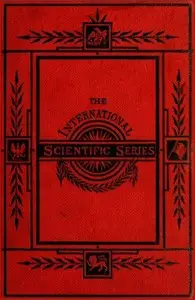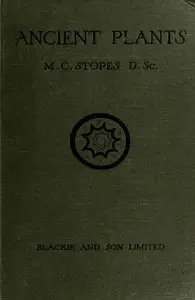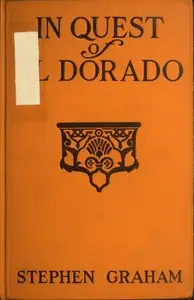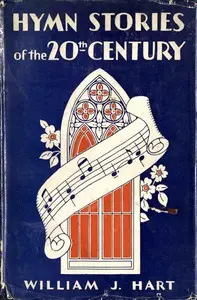"Herbals, Their Origin and Evolution: A Chapter in the History of Botany" by Agnes Arber is a journey back in time to the early days of botany, spanning from 1470 to 1670, that explores the story of printed herbals in Europe and their effect on the world. The book shines a light on the beauty and meaning behind the art of herbals, explaining the importance of these books in the wider world of botanical history. Arber shares her love for these old texts and walks the reader through the two sides of botany: the thoughtful and the practical. Along the way, she introduces legendary figures like Aristotle and Theophrastus, who helped form the early knowledge of plants. Arber aims to gather and explain the complicated story of these books, making sure readers understand how important and easy to use they were for Renaissance scholars. The first parts of the book paint a picture of the basic ideas behind herbals and the early steps of botany, setting the stage for a deep look into the printed herbals themselves.
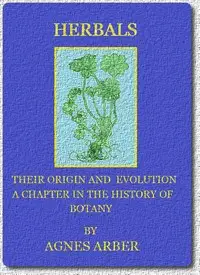
Herbals, Their Origin and Evolution: A Chapter in the History of Botany 1470-1670
By Agnes Robertson Arber
Uncover the hidden world of ancient plant books and the people who used them to change how we see the natural world.
Genres
Released
2014-09-18
Formats
mobi
epub
mobi (images)
epub3 (images)
epub (images)
txt
Free Download
Summary
About the AuthorAgnes Arber FRS was a British plant morphologist and anatomist, historian of botany and philosopher of biology. She was born in London but lived most of her life in Cambridge, including the last 51 years of her life. She was the first woman botanist to be elected as a Fellow of the Royal Society and the third woman overall. She was the first woman to receive the Gold Medal of the Linnean Society of London.
Agnes Arber FRS was a British plant morphologist and anatomist, historian of botany and philosopher of biology. She was born in London but lived most of her life in Cambridge, including the last 51 years of her life. She was the first woman botanist to be elected as a Fellow of the Royal Society and the third woman overall. She was the first woman to receive the Gold Medal of the Linnean Society of London.
Total Reviews
10.0k
Total reviews from Goodreads may change

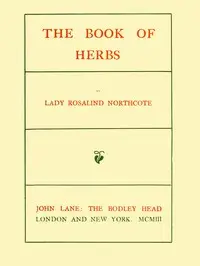

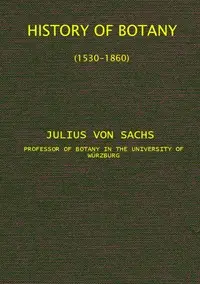
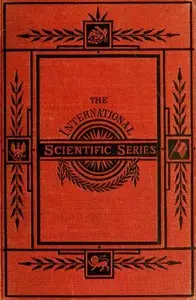
![The botanist's repository for new and rare plants; vol. 06 [of 10] by Henry Cranke Andrews](https://cdn.a2-host.cloud/hkVE-pN1gt56BDSmqSiQUdwgslIAIQWlGHw5O-j6Jlg/rs:fill:215:325:0/g:ce/aHR0cHM6Ly9zcC1hc3NldHMuczMudXMtd2VzdC0wMDQuYmFja2JsYXplYjIuY29tL2Jvb2svNzMzNjMvVGhlX2JvdGFuaXN0c19yZXBvc2l0b3J5X2Zvcl9uZXdfYW5kX3JhcmVfcGxhbnRzX3ZvbF8wNl9vZl8xMF9jb3Zlci5qcGc.webp)
